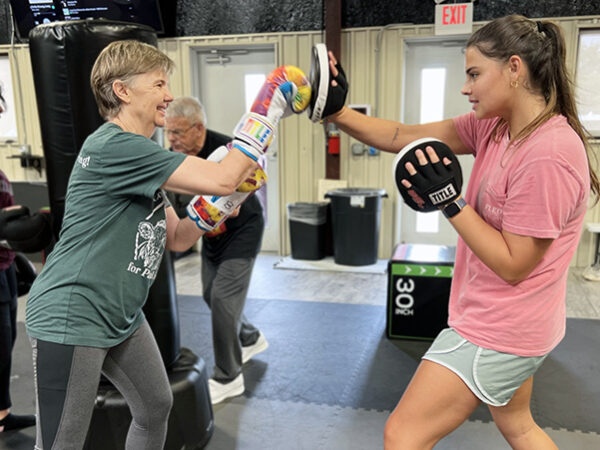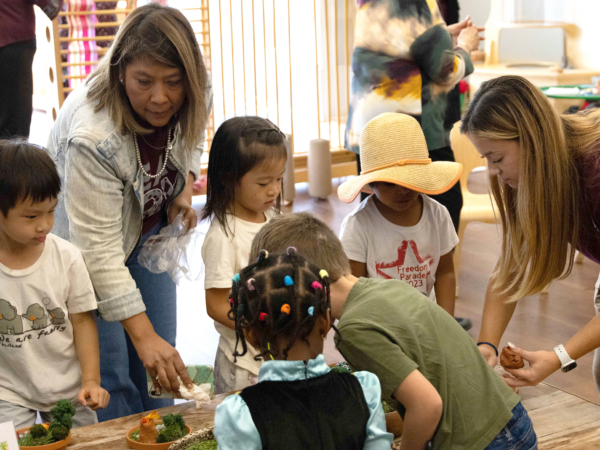How COVID-19 affects older adults and how they can protect themselves
People aged 65 or older are considered high-risk for severe illness from COVID-19, according to the Centers for Disease Control and Prevention.
Experts in our Center for Translational Research in Aging and Longevity in the Department of Health and Kinesiology, Dr. Nicolaas Deutz and Dr. Marielle Engelen, offer answers and recommendations for older adults during the current pandemic.
Why are older adults more vulnerable?
“Older adults naturally often have accompanying chronic diseases or conditions such as (pre)diabetes, obesity, atherosclerosis or even more severe diseases like cancer, chronic heart failure or chronic obstructive pulmonary disease,” Deutz said.
When older adults with underlying conditions also experience malnutrition, it affects their immune system negatively. Deutz said malnutrition is common when older adults experience disease and it is important to identify malnourishment in these patients.
“As older adults with an already activated immune system cannot handle the additional burden of the coronavirus, they are at higher risk of deteriorating health and even dying,” Deutz said.
How to combat malnutrition
Engelen advises older adults to increase daily intake of vitamins, minerals and protein through diet. Foods like nonfat plain Greek yogurt are ideal for older adults because they are easy to eat and contain a substantial amount of protein.
“When it is not possible to meet these needs with regular food intake, people should start taking nutritional supplements,” Engelen said.
How to protect older adults
Protection against COVID-19 is based on reducing or prohibiting contact with infected people and surfaces they have touched. Deutz said this is especially important for older adults because of their increased risk of prolonged illness or dying.
In addition to self-quarantining, he advises older adults to maintain activity levels to boost overall health, increasing their ability to fight the virus.
“There is a lot of research available that shows when people are active and perform activities throughout the day and maintain a healthy, nutritious diet, they will remain in a good condition that can better cope with infections like the coronavirus,” Deutz said.
What activities can older adults do at home?
It is easy to live a sedentary lifestyle when stuck at home. Engelen said this can be detrimental for older adults who need to maintain muscle mass and decrease fat through physical activity to positively impact their immune system.
“Regular physical activity at home like walking around the house, stair climbing, stand-to-sit and sit-to-stand from a chair, chair squats, sit-ups, pushups and gardening will have a positive effect on the immune system,” Engelen said.
Deutz and Engelen also encourage older adults to utilize health apps and seek exercise videos to maintain fitness at home.
About the Writer
Heather is responsible for news coverage in the Department of Health and Kinesiology, as well as the Department of Educational Administration and Human Resource Development.
Articles by HeatherFor media inquiries, contact our Media Relations Coordinator, Ashley Green
Fundraising
To learn more about how you can assist in fundraising, contact Amy Hurley, Director of Development ahurley@txamfoundation.com or 979-847-9455














